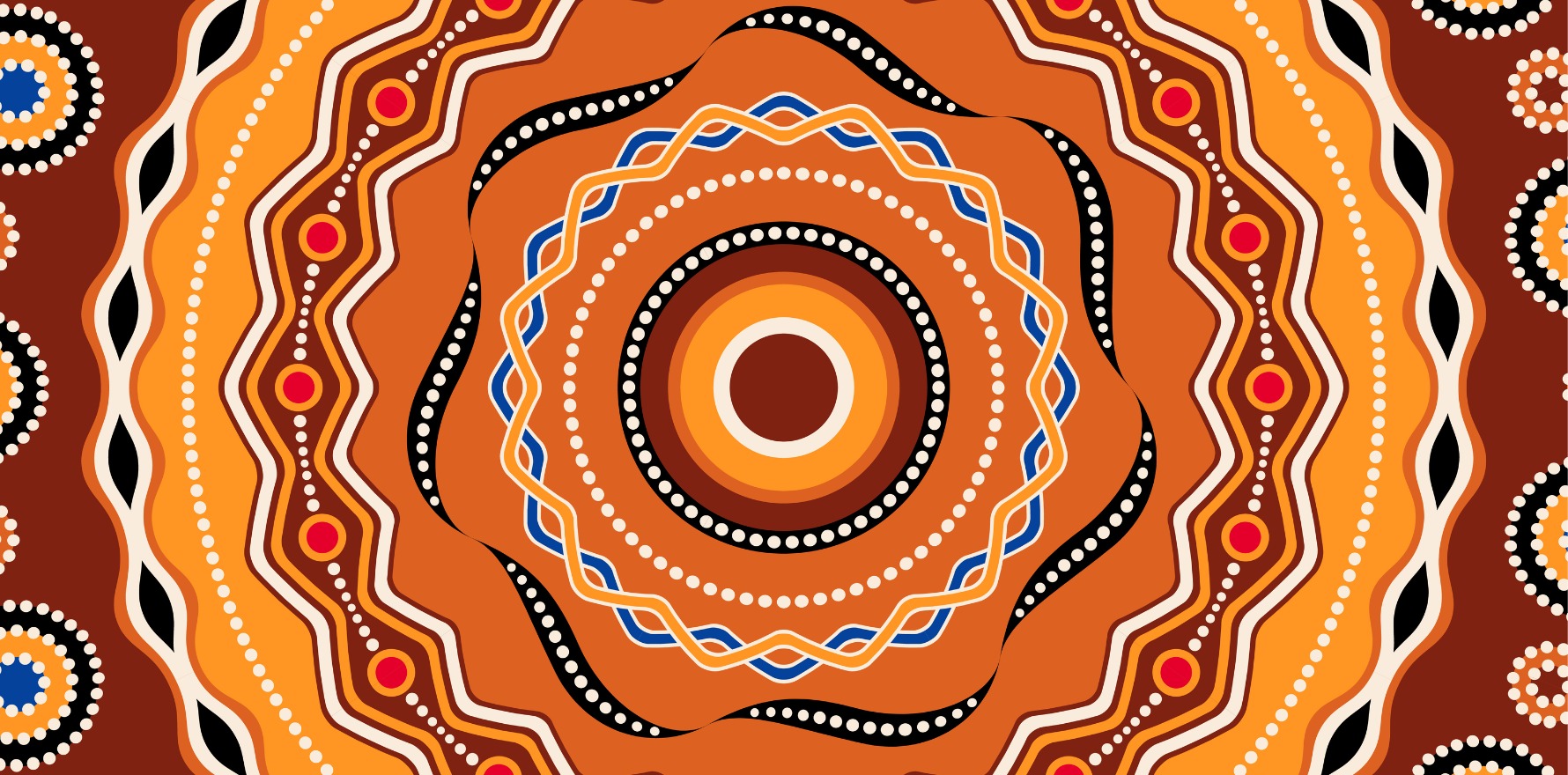The federal government has pledged more than $3 million to expand the ‘Deadly Choices’ program across NSW, Victoria, ACT and Tasmania.
Indigenous Australians will have greater access to annual health checks with the federal government’s $3.5 million investment to expand the “Deadly Choices” preventative health program on a national scale.
Nine additional Aboriginal and Community Controlled Health Services will be stood up across New South Wales, the ACT, Victoria and Tasmania as part of the expansion, with annual health checks also to be promoted at major sporting events such as the Australian Open or basketball and netball events.
The enhanced program, spearheaded by Queensland’s Institute of Urban Indigenous Health (IUIH), will also feature endorsements from preeminent First Nations sportspeople and celebrities, with figures such as basketball player Patty Mills promoting annual health checks for First Nations communities as part of the program’s new social media and marketing campaigns.
In 2021/22 in South East Queensland, Deadly Choices-linked health services completed an outstanding 22,500 health checks. In recognition of its success, the 2023/24 Federal Budget has committed to expanding Deadly Choices across Australia investing in improving the uptake of health checks by 15%.
“Expanding the successful and high-profile Deadly Choices program to more sports and more states and territories is a potential game changer for First Nations health,” said federal health minister Mark Butler.
“It spreads preventive health messages in language and contexts that First Nations people feel comfortable with, using role models they identify with.
“By encouraging First Nations people to get their health checked and adopt healthier lifestyles, it could be a big step towards closing the gap on health and mortality.
The federal government allocated $8 million in the 2023-24 budget to improve the delivery of annual health checks for First Nations people, otherwise known as the MBS item 715 health check, with overall uptake falling in recent years after peaking at 28.8% in 2018-2019.
Winnunga Nimmityjah Aboriginal Health and Community Services is the latest ATSICCHS to announce its intention to embed Deadly Choices in the ACT.
Winnunga CEO Julie Tongs said she was excited to be hosting the Deadly Choices expansion program in Ngunnawal/Ngambri Country (Canberra)
“The Deadly Choices program is a great initiative, it is an important health promotion tool for our Mob who may not be engaged to come and have a 715 Health Check and receive a Deadly Choices shirt to wear in the community,” she said.
“Deadly Choices is about promoting healthy lifestyles through healthy eating, the importance of sport and physical activity, learning about the negative impacts of smoking & vaping and getting regular health checks to ensure healthy and strong families and communities.”
IUIH Director of Commercial Operations, Dallas Leon, is confident Deadly Choices will be complimentary to the Aboriginal and Torres Strait Islander health sector’s efforts.
“These invaluable partnerships with ATSICCHS will enhance our capacity to deliver on the core Deadly Choices objective to have more of our people empowered to take control of their health,” said Mr Leon.
“Pivotal to that outcome is increasing our health check numbers across the country by enhancing the community engagement portfolio of related health services and promoting positive health behaviour in their local communities.
“Health checks are just as important for our little ones, youth, families and Elders, so we welcome the support of the entire ATSICCHS sector in becoming key driving partners in engaging our people to live healthy lifestyles, strengthen our culture and Close the Gap.”
This nationally coordinated approach would allow all participating ATSICCHS areas to maintain autonomy, delivering culturally appropriate health care to the communities they serve while leveraging Deadly Choices’ health check campaigns, sporting partnerships, ambassadors and localised events to reach their united health check target, he said.


